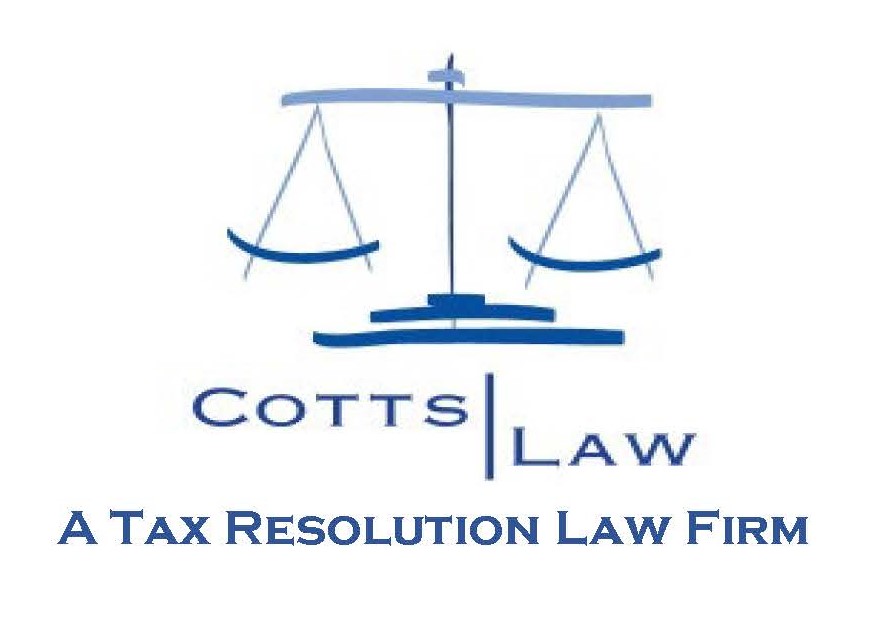An IRS audit is a legal proceeding — even when it starts with a simple letter. That means protecting your rights, preparing carefully, and responding strategically are essential.
At COTTS Law, Attorney Daniel Cotts brings decades of experience to representing clients facing audits, appeals, and tax disputes. Here’s how we approach audits from a legal standpoint, so you can navigate the process confidently.
Why Was Your Return Selected?
Understanding why you’re being audited is the first step toward mounting an effective response. While some audits are random, most occur because:
IRS algorithms detect discrepancies or patterns outside the norm
Income reported by third parties doesn’t match your return
Certain deductions or credits stand out (e.g., large charitable gifts, repeated business losses, home office deductions)
You operate a cash-intensive business
Even when everything you reported is legitimate, these factors can draw IRS attention — and preparation is key.
The Audit Is a Legal Process — Know Your Rights
From the moment you receive an audit notice, you have critical rights:
Right to representation: You can retain a tax attorney or other qualified professional to communicate with the IRS on your behalf.
Right to understand the scope: The IRS must clearly state what year(s) and items are under review.
Right to appeal: If you disagree with the audit outcome, you can challenge it through IRS Appeals or Tax Court.
These rights exist to protect you — but you must act promptly to exercise them.
What Type of Audit Are You Facing?
The nature of your audit determines the complexity of the process:
Correspondence audit:
Conducted entirely by mail; the IRS requests documentation for specific items.Office audit:
You are asked to attend an in-person meeting at an IRS office, bringing records and explanations for items under review.Field audit:
The most intrusive type; the IRS sends an auditor to your home, business, or tax professional’s office to conduct an in-depth examination.
Each audit type carries unique legal considerations, and legal representation is especially valuable in office and field audits.
Strategic Preparation: The Hallmark of Success
A successful audit defense is about more than gathering receipts:
Clarify what the IRS is questioning: The audit letter will specify focus areas — keep your responses tightly aligned with those issues.
Organize your documentation: Receipts, bank statements, invoices, logs, contracts — everything must be complete and well-presented.
Understand your return: Even if your preparer filed the return, it’s important to be familiar with the claims made and the documentation supporting them.
If records are incomplete, consult a professional before submitting estimates or explanations.
Common Audit Mistakes to Avoid
Many taxpayers inadvertently make mistakes that worsen their audit outcomes:
Talking too much: Volunteering extra information can expand the audit beyond its original scope.
Delaying responses: The IRS enforces strict deadlines — missing them can escalate matters quickly.
Submitting disorganized records: Poor documentation creates confusion and can lead to unfavorable conclusions.
Professional representation helps you avoid these pitfalls.
The Audit Outcome and Next Steps
When the audit concludes, the IRS will issue a written report. Outcomes typically fall into one of three categories:
No change: Your return is accepted as filed — you owe nothing.
Agreement: The IRS proposes changes, and you agree to pay any additional tax, penalties, or interest.
Disagreement: You dispute the findings and may request an appeal within the IRS or proceed to U.S. Tax Court.
This is where having an attorney makes a significant difference — appeals require careful legal argumentation, evidence presentation, and negotiation.
Why COTTS Law? The Legal Advantage in an Audit
An audit is more than a paperwork exercise — it’s a legal process with real consequences. Attorney Daniel Cotts brings over 25 years of legal and tax experience, ensuring that your rights are protected, your case is presented thoroughly, and your exposure is minimized.
Whether you’re facing a correspondence audit, an in-person meeting, or a full field examination, we offer:
Clear advice tailored to your situation
Comprehensive preparation and documentation review
Direct representation with the IRS
Skilled advocacy during appeals or litigation if necessary
Facing an IRS Audit? Act Now to Protect Yourself.
The sooner you engage professional assistance, the better your chances of achieving a favorable outcome.
At COTTS Law, we help clients navigate audits from start to finish — ensuring that your audit remains focused, fair, and efficiently resolved.
Call today for a confidential consultation — let us help you approach your audit strategically, protect your rights, and secure the best possible resolution.







